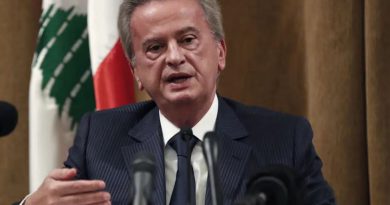India to consider more LGBTQ rights but not legalising same-sex marriage – sources
New Delhi (Reuters) – India will consider giving equal financial rights and legal protection to the LGBTQ community but legalising same-sex marriage is not on the agenda despite the Supreme Court saying the onus for this is on parliament, two government sources said.
India’s top court declined to give a ruling this week and said parliament should decide on whether to legalise same-sex marriage, agreeing with Prime Minister Narendra Modi’s government that the legislature is the forum to rule on the issue.
But there is no change in the position of the nationalist Bharatiya Janata Party government, which vehemently opposed the petitions to the court, the sources told Reuters.
During the court hearing the government had offered to form a committee to address the “human concerns” of same-sex couples, and this panel will include legal experts, LGBTQ activists and theologians, the sources said.
Both sources spoke on condition of anonymity as they are not authorised to discuss the issue with the media.
“The mandate of the committee will be to look into all aspects of legal protection for the LGBTQ population and what can be done to make their lives better,” said one source, a top policymaker in the federal law ministry.
“But discussions around same-sex marriage will not be part of the committee’s purview because it requires complete backing of all religious groups,” the source said.
The second source, a senior bureaucrat in the law ministry, said the panel will look at issues such as inheritance and financial and medico-legal rights of the LGBTQ community.
Both sources did not say how soon the panel will be formed.
Spokespersons for the law ministry and the Prime Minister’s Office did not respond to requests for comment.
Gay rights activists said they now expect lawmakers to start discussions in parliament, and they expressed frustration at the protracted process.
“We ran from pillar to post to secure equal rights and now we have to turn towards the government to secure complete equality,” said Supriyo Chakraborty, the main petitioner in the Supreme Court case.
Opinion Of Religious Experts
India’s top court decriminalised homosexuality by scrapping a colonial-era ban on gay sex in an historic verdict in 2018. But same-sex marriage is a sensitive topic and speaking openly about homosexuality is taboo for most in the socially conservative country of 1.4 billion people.
LGBTQ activists say that while the 2018 ruling affirmed their constitutional rights, it is unjust that they still lack legal backing for marriages, a basic right enjoyed by heterosexual couples.
The petitioners who sought legalisation of same-sex marriage had argued that without legal recognition they are denied rights such as those linked to medical consent, pensions, adoption or even simpler things like club memberships for couples.
The law ministry bureaucrat said the committee would seek the opinion of religious experts on whether religious institutions accept or reject same-sex couples.
“Thoughts of every stakeholder will be documented before any discussion is initiated in parliament,” said the bureaucrat, adding that nearly one thousand religious organisations had made representations and a majority were against legalising same-sex marriage.



